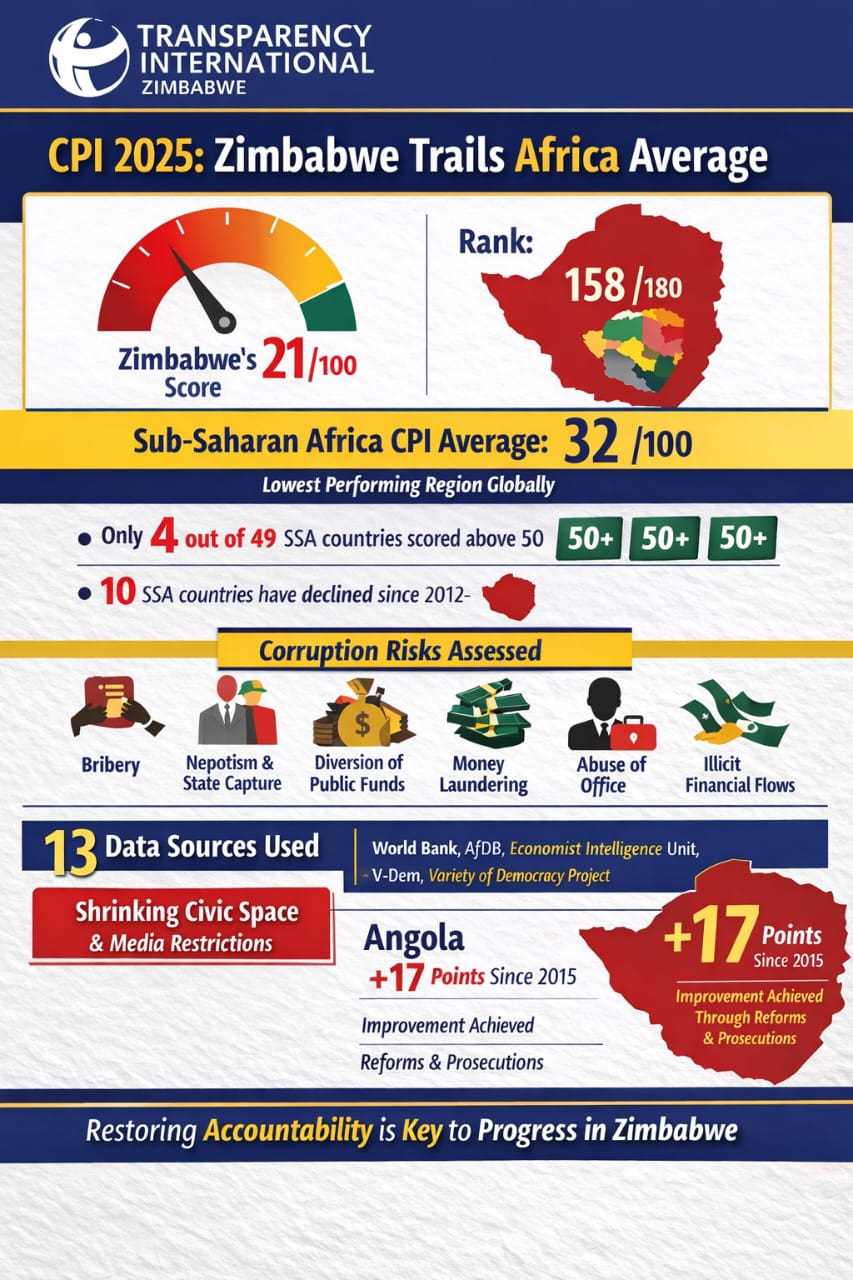
Rutendo Mazhindu- Zim Now Reporter
Zimbabwe’s sugar industry has entered a new era following the takeover of Tongaat Hulett Zimbabwe by Pan-African investor consortium Vision Group. The transaction, executed through a debt-to-asset swap, marks a significant turning point for the country’s largest sugar producer, which processes up to 3.5 million tonnes of cane annually.
The deal comes after years of financial turmoil that left Tongaat’s operations hamstrung and stalled key capital investments. The company has been under business rescue since 2022.
“Our first priority is stabilising operations,” said Vision Group Director Rutenhuro Moyo during a stakeholder luncheon at Hippo Valley Country Club on Wednesday. “Since Tongaat went into business rescue, critical capital programmes have stalled. We’re now focused on getting back on track.”
Gavin Dalgeish, CEO of Vision Sugar, outlined the Group’s broader ambitions to transform the regional sugar industry.
Related Stories
“We are committed to transparency, long-term value creation, and building an African processing giant rooted in local communities,” Dalgeish said.
The takeover is expected to inject much-needed capital and management stability into Tongaat’s flagship operations at Hippo Valley and Triangle, which anchor Zimbabwe’s sugar belt. The renewed financial position is already reshaping how the company engages with the market.
“We are no longer trapped in cash-up-front deals,” noted Tongaat Zimbabwe CEO Tendai Masawi. “We can now negotiate better terms with suppliers, banks, and stakeholders. That flexibility means we can focus on efficient operations and long-term sustainability.”
Sugarcane outgrowers, who supply the bulk of the raw cane to Tongaat’s mills, responded to the news with guarded optimism.
“We’re averaging 90 tonnes per hectare now,” said one grower. “With better support, we could push that to 115 tonnes. What we need is clear communication, inclusivity, and trust.”
The acquisition also includes Tongaat’s operations in South Africa and Mozambique, opening up new opportunities for regional integration in production, technology, and trade. These synergies are expected to strengthen Zimbabwe’s agro-industrial footprint across Southern Africa.



















Leave Comments